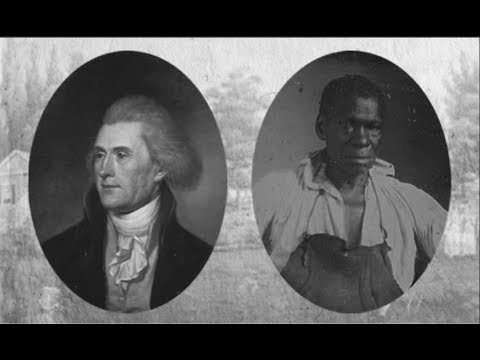Introduction
The Ku Klux Klan, commonly referred to as the KKK, is a notorious hate group that emerged in the United States following the Civil War. Founded in 1865, its violent actions and ideologies have shaped a dark chapter in American history. This article, ‘Ku Klux Klan – An American History,’ will explore the origins, growth, influential figures, and impact of this organization during its early years.
Origins of the Ku Klux Klan
The KKK originated in Pulaski, Tennessee, shortly after the end of the American Civil War. Created by six former Confederate army officers who aimed to regain control over newly-liberated slaves and intimidate those who supported their newfound freedoms. Inspired by fraternity-style organizations such as college fraternities and secret societies existing at that time, these men established a social club initially known as the “Kuklux.”
Birth of Violence: The First Era (1865-1870s)
The initial Ku Klux Klan was relatively mild compared to its later iterations. However, it didn’t take long for violence to become integral to their agenda. In 1867, Nathan Bedford Forrest—a former Confederate general—transformed the KKK into a paramilitary organization targeting African Americans and white Republicans. Through acts of terror including lynchings, physical assaults, arson attacks on homes and churches visited predominantly by African Americans or sympathizers of racial equality and voting rights for African Americans.
Rebirth: The Second Era (1915-1944)
Following a period of dormancy caused by government crackdowns during Reconstruction, William J. Simmons revived the KKK in 1915 in Stone Mountain, Georgia. This time around, however, their targets extended beyond African Americans to include Catholics, Jews, immigrants from southern and eastern Europe.
The second era saw significant growth for the organization due to factors such as growing nativism, increased racial tensions, and widespread frustration with social changes brought about during the Progressive Era. By 1924, the KKK reached its peak membership, boasting an estimated four million members nationwide.
Influential Figures
Throughout its history, several influential figures shaped the Klan’s ideals and fueled its growth. Nathan Bedford Forrest is often regarded as one of its founding fathers, while William J. Simmons played a crucial role in rejuvenating the organization in 1915.
D.C. Stephenson can be seen as one of the most influential leaders in Klan history. As Grand Dragon of Indiana (1923-1925), Stephenson led a wave of terror and violence against African Americans, Catholics, Jews, and immigrants. He was eventually convicted for his involvement in the rape and murder of a young white woman named Madge Oberholtzer.
Impact on American Society
The Ku Klux Klan’s actions had profound effects on American society during both periods. In addition to their direct victims who faced violence and intimidation, their acts fostered an environment of fear among targeted groups while perpetuating racial discrimination.
Moreover, their activities influenced public discourse on matters such as civil rights legislation and racial equality throughout crucial moments in American history. By promoting white supremacy and enforcing segregation through both political means and violence, the KKK left an indelible mark on American society that still resonates today.
Conclusion
The Ku Klux Klan has played a significant role in shaping American history, particularly during its early years examined in this article. The organization’s origins rooted in racial bigotry quickly turned into a bastion for violence against African Americans and other marginalized groups.
As we delve into the second part of this series about the KKK’s later years, it becomes evident that understanding this dark chapter is crucial to prevent history from repeating itself. By examining the violent past of organizations such as Ku Klux Klan, we can strive towards a more inclusive and equal future for all Americans.





